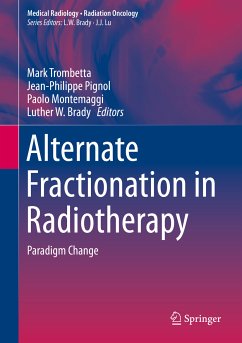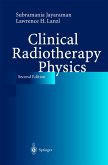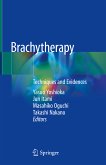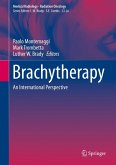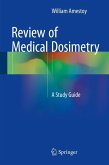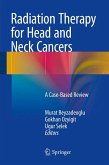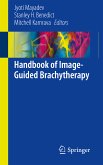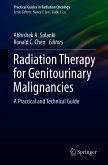Traditional multi-week fractionation schedules were established at a time when the inclusion of relatively large amounts of normal tissue was unavoidable owing to the lack of accurate target localization during treatment. Such schedules are time and resource consuming, difficult for patients, and expensive. Nevertheless, acceptance of alternate fractionation strategies has been slow in some countries. The paradigm is, however, changing as evidence accumulates to demonstrate improved local control, equivalence of tolerance, or both. In documenting these alternate strategies, this book will be of value for radiation oncologists, medical physicists, and oncologists worldwide.
Dieser Download kann aus rechtlichen Gründen nur mit Rechnungsadresse in A, B, BG, CY, CZ, D, DK, EW, E, FIN, F, GR, HR, H, IRL, I, LT, L, LR, M, NL, PL, P, R, S, SLO, SK ausgeliefert werden.

